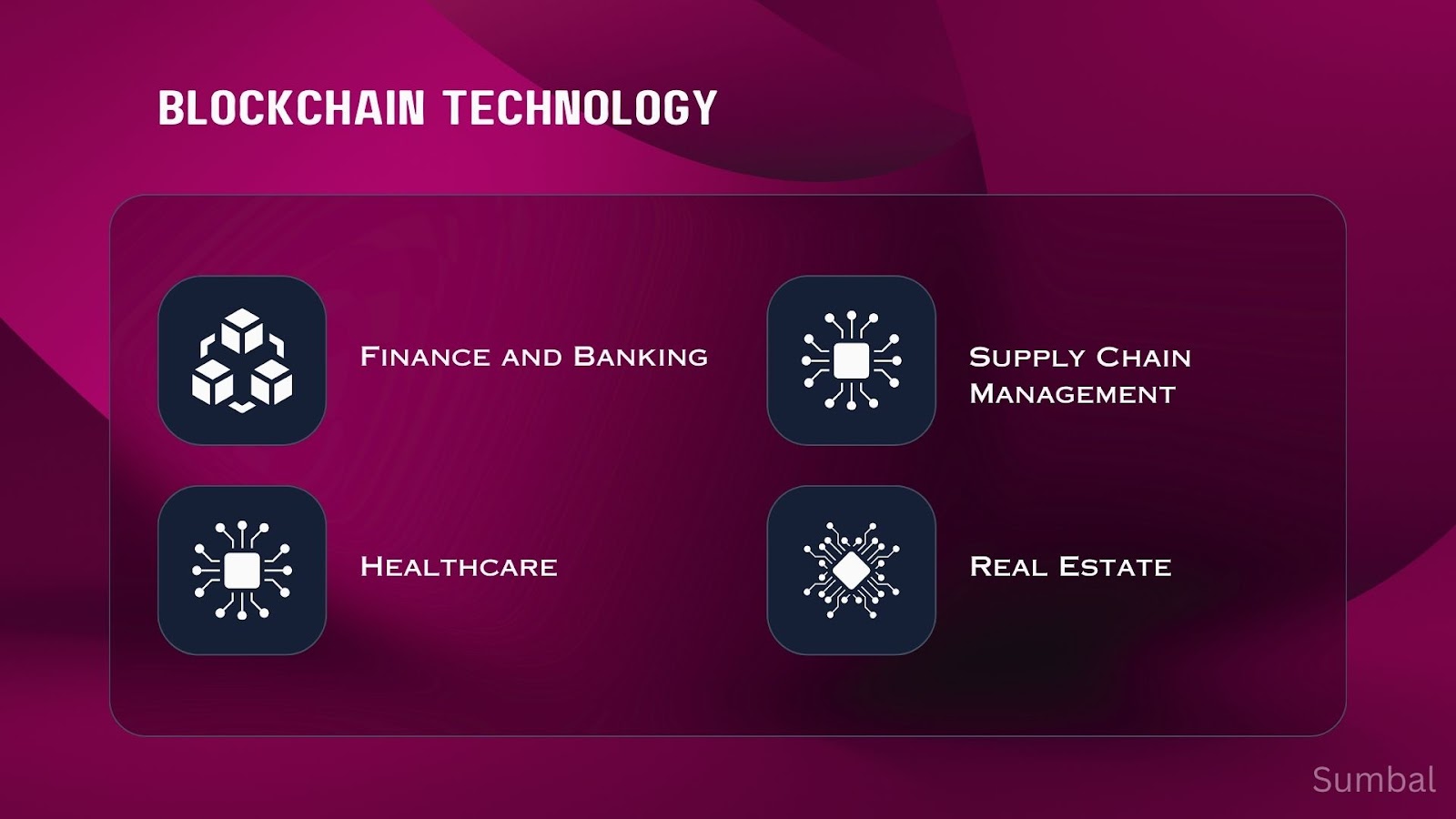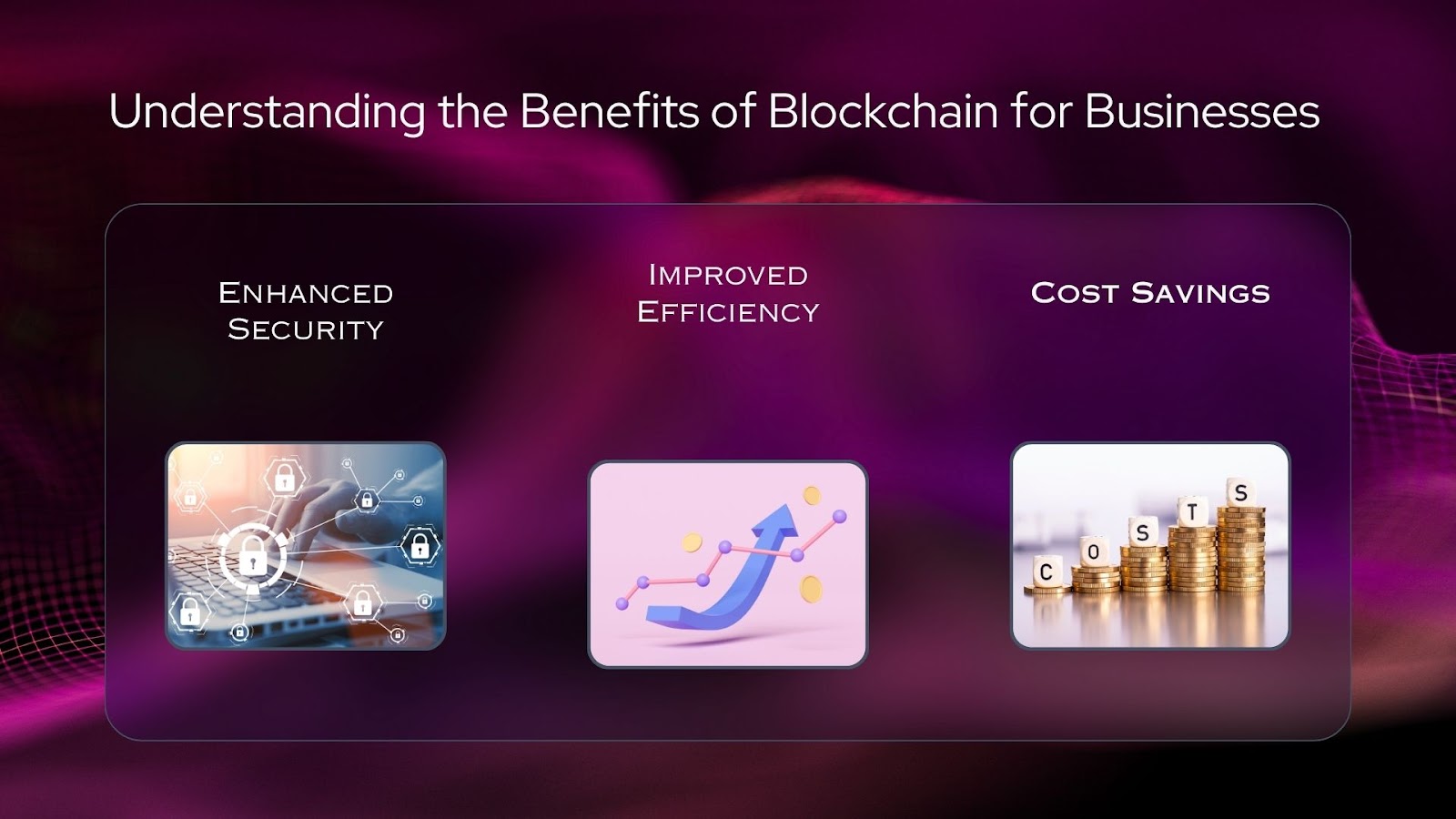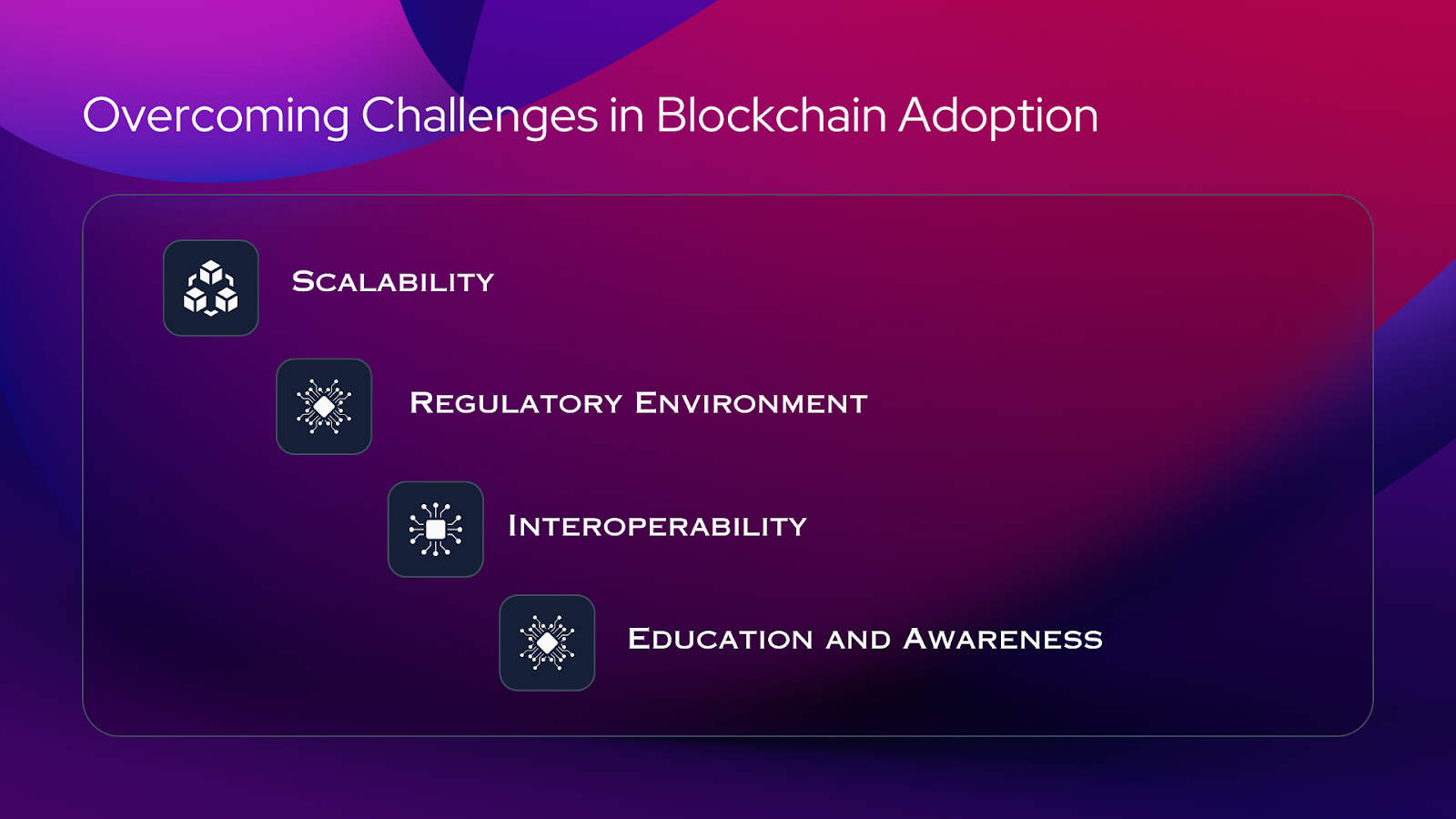The accounting and auditing areas have a large impact on blockchain technology. Blockchain makes information open, safe, and unchangeable by recording transactions across numerous computers. Although blockchain is most popularly linked to creations such as Bitcoin, it is not limited to that niche only.

How Blockchain Works for Finance
Blockchain is best known for its capacity to deliver increased data accuracy and transparency. In a blockchain, each transaction exists within a block, connected with the other blocks to forma chain. If one block is added, it has to be permanent and cannot be modified to maintain the purity of information. In particular, for accountants and auditors, Blockchain is a way to minimize the risk of errors and fraud and make the data more reliable.
Blockchain's Effect on Accounting
1. Immediate Access to Data
Blockchain also enables the recording and availability of financial transactions in real-time. Accountants immediately see the fate of the business entity before the end-of-the-month statements. Blockchain makes transaction recording faster, allowing accountants to access up-to-date information anytime. This removes numerous manual activities in accounting and enhances managerial decisions.
2. Automating Routine Tasks
When integrated with smart contracts, blockchain can perfectly manage accounting routines. For example, payments made when certain conditions are met can be liquidated by smart contracts, thus lowering the rate of errors usually seen with manual processing. It saves time for accountants to engage in more valuable exercises that can add value to their organizations rather than data input.
3. Enhanced Data Security
A significant advantage of using the blockchain is that data on blocks can be encrypted and copies spread among numerous computer network nodes, making it difficult for unauthorized users to alter such data. What it means to accountants is that they and their clients have more confidence in the data being input and the security and integrity of the data put into an account.

How Blockchain is Transforming Auditing
1. Simplified Audit Trails
Audit trails provide auditors with audit evidence of a specific financial transaction. Blockchain makes it much easier than this since it leads to a record of all the transactions in the blockchain. This saves the auditors more time than when trailing transactions back to their source to verify financial data. Audits can be conducted with less time and effort, benefiting auditors and their respective clients more.
2. Increased Transparency and Trust
Decentralized design increases transparency between auditors and clients. There are fewer opportunities for divergence since all key stakeholders can examine the same data about the market, customers, competitors, and individual products. Managers can get information checked and confirmed by auditors without having to rely on the information given by clients. It increases confidence in the audit and guarantees that financial reporting is accurate by rules.
3. Potential Shift in the Auditor’s Role
Since many of the transaction verification processes will be managed by blockchain, auditors can now move from checking data to more of an advising process. With the application of blockchain technology, auditors will require help analyzing and interpreting blockchain data and making recommendations on how to address such analytical results in business decisions.





